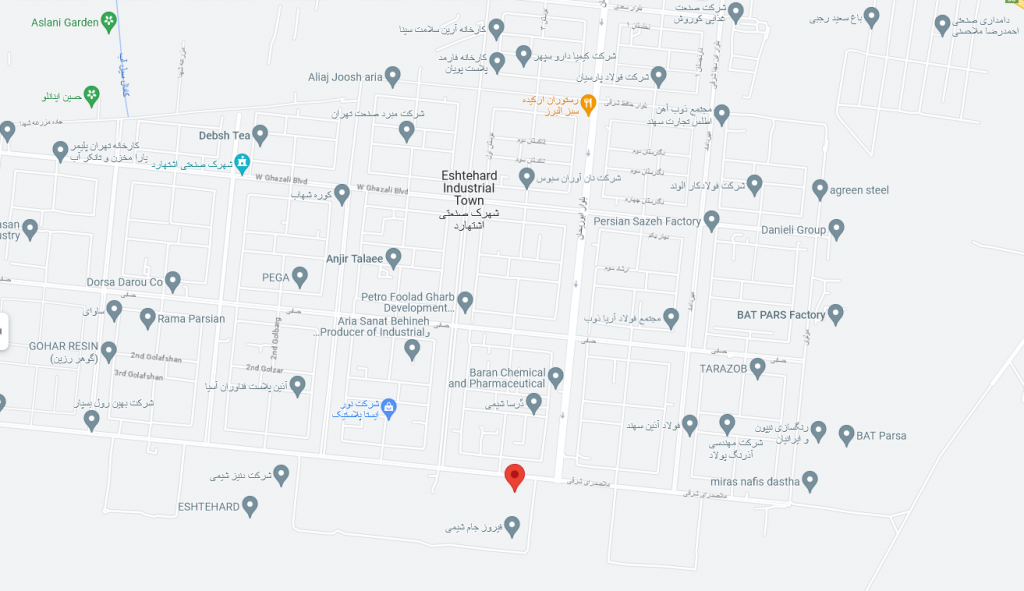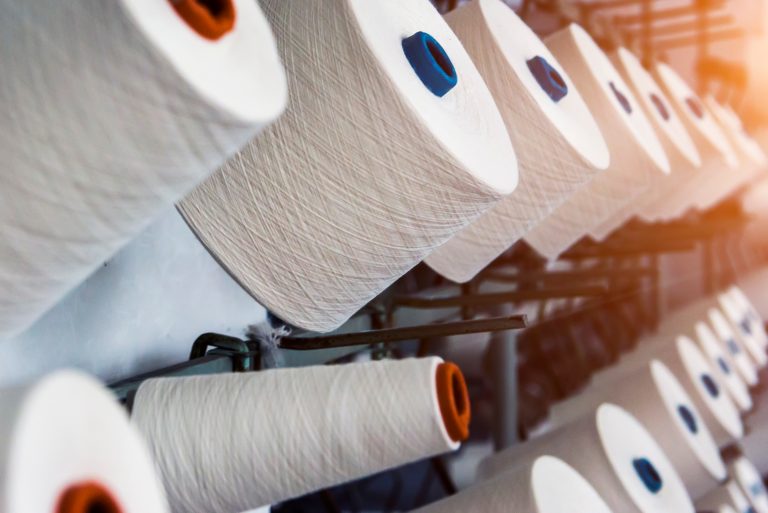
The textile industry is one of the largest and most vital industries globally, playing a significant role in the production of fabrics, clothing, and various textile products. Considerable advancements have been made in this industry in recent years, with continuous efforts to improve the quality and performance of the products. One of the factors enabling the enhancement of textile products’ performance is the use of suitable chemical materials and compounds.
In this regard, paraffin is one of the materials utilized in the textile industry, and it has a considerable impact on improving the performance and properties of products. Paraffin is a chemical compound available in powder or liquid form and finds diverse applications in the textile industry.
One of the main applications of paraffin in the textile industry is waterproofing fibers. By coating fibers with paraffin, their surface becomes waterproof, preventing water penetration inside the fibers. This feature can be highly useful in the production of waterproof garments and beddings.
Furthermore, paraffin is used as a lubricant for textile fibers. By adding paraffin to the fibers, their friction is reduced, making their surface more slippery. This feature can be highly effective in the spinning process and preventing undesirable fiber-to-fiber contact.
Paraffin can also be used as an antistatic agent. By coating fibers with paraffin, the transfer of electric charge in the fibers is reduced, preventing the accumulation of static electricity.
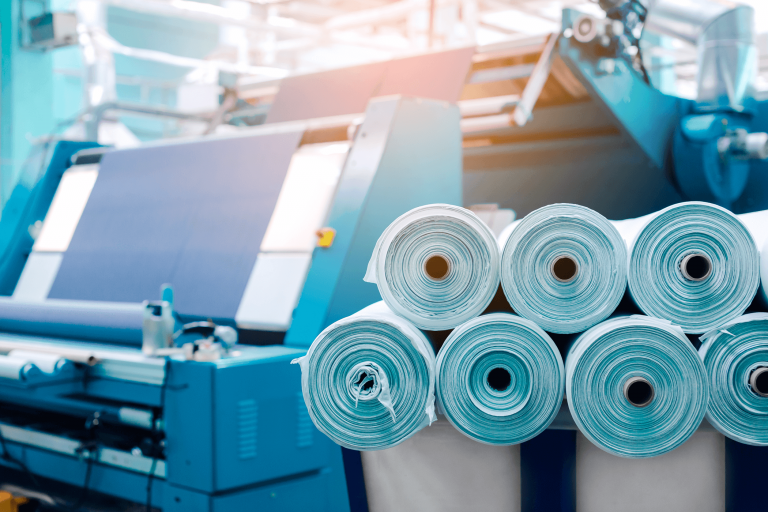
5 Applications of Paraffin in the Textile Industry
Paraffin is a chemical compound widely used in the textile industry for various applications. It is available in powder or liquid form and is used for some of the following purposes:
1. Waterproofing:
Paraffin can be used as a waterproofing agent for textile fibers. By coating the fibers with paraffin, it repels water and prevents water penetration inside the fibers. This feature is particularly useful in the production of waterproof clothing and beddings.
2. Lubrication:
Paraffin is used as a lubricant for textile fibers. By adding paraffin to the fibers, friction between them is reduced, making the surface of the fibers more slippery. This property can be beneficial in the spinning process and preventing undesirable fiber-to-fiber contact.
3. Antistatic:
In the textile industry, paraffin is used for controlling static electricity. By coating fibers with a layer of paraffin, the transfer of electric charge in the fibers is reduced, preventing the accumulation of static electricity.
4. Vapor and Snow Repellent:
In some applications, such as winter clothing production, paraffin is used to increase vapor strength and prevent snow and water from permeating the fabric.
5. Fiber Stabilization:
Paraffin can be used as a stabilizer for textile fibers. By coating the fibers with paraffin, it can prevent premature fiber damage and wear, thus increasing their useful life.
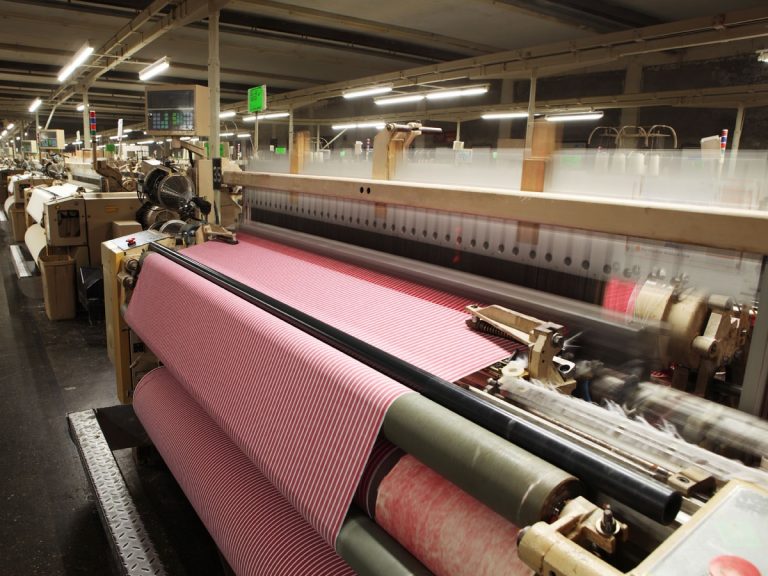
Paraffin in the Textile Industry: Waterproofing and Water Repellency
In the textile industry, waterproofing and preventing water penetration hold significant importance. Today, consumers demand products that are resistant to water and moisture. Therefore, the use of paraffin as a waterproofing agent in the textile industry to create water-repellent properties in products is highly essential.
The use of paraffin in the textile industry for waterproofing is beneficial due to its specific characteristics. Below are some of the waterproofing features and applications of paraffin in the textile industry:
1. Water Resistance:
Paraffin possesses strong water-resistant properties, protecting fibers from water penetration. Coating fibers with paraffin makes their surface waterproof, preventing the influence of water and moisture on the quality and performance of products.
2. Stain Repellency:
Paraffin can prevent fibers from absorbing liquids and various dyes, especially useful in the production of garments and fabrics exposed to undesirable liquids such as water, oil, and coffee.
3. Protective Layer Formation:
Coating fibers with paraffin creates a protective layer on their surface, acting as a barrier against water and moisture penetration. This protective layer preserves fibers from damages like rotting and shape-changing caused by moisture.
4. Maintaining Suitable Temperature:
Paraffin can act as a thermal insulator, preserving fibers from temperature changes. This feature is particularly useful in the production of winter clothing or products requiring temperature regulation.
5. Extending Product Lifespan:
Using paraffin as a waterproofing agent can extend the lifespan of products. Treated fibers can withstand adverse weather conditions and daily activities, resulting in more durable products.
6. Retaining Softness and Flexibility:
Coating fibers with paraffin can preserve the softness and flexibility of products. Despite being water-resistant, the products can still maintain the necessary delicacy and comfort.
The use of paraffin in the textile industry for waterproofing and water repellency holds special importance. This material ensures the improvement of performance and properties of textile products and preserves their integrity and quality against water and moisture exposure.
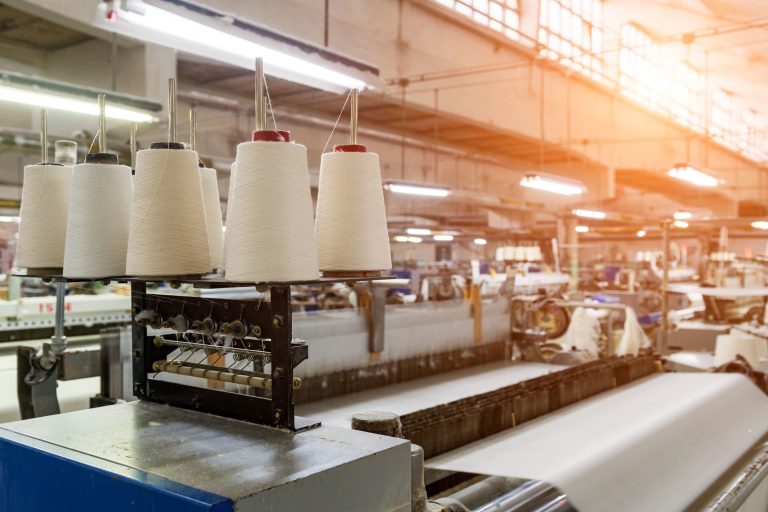
Lubrication of Textile Fibers Using Paraffin
In the textile industry, lubrication of fibers is among the critical factors that receive special attention for improving production processes and product quality. The use of suitable lubricating agents can make the fiber surface more slippery and reduce friction between fibers. Paraffin is one of the effective lubricants utilized in the textile industry. Below are some of the characteristics and applications of fiber lubrication with paraffin:
1. Friction Reduction:
By adding paraffin to textile fibers, friction between them is minimized. This reduced friction allows fibers to move more freely during production processes like spinning and weaving. This lubrication feature can accelerate production processes and reduce the risk of fiber damage.
2. Preventing Unwanted Contact:
Using paraffin as a lubricating agent prevents undesirable contacts between textile fibers, such as entanglement and tangling. This feature enhances the quality and precision of textile products and prevents unwanted fiber entanglement.
3. Enhancement of Fiber Properties:
The use of paraffin as a lubricant can improve the properties of textile fibers. With reduced friction and increased fiber slippage, properties such as softness, flexibility, and tensile strength are enhanced. This improvement can lead to the production of high-quality and more comfortable textile products for consumers.
4. Minimal Need for Lubricating Materials:
Paraffin acts as a potent lubricating agent, reducing the need for other lubricants. This reduces production costs and improves the efficiency of textile processes.
5. Lubrication Stability:
With the use of paraffin, fiber lubrication remains stable even after washing and repeated usage. This lubrication stability ensures the durability of fiber performance and product quality over time.
Lubricating textile fibers with paraffin plays a crucial role in the textile industry. It enhances the efficiency of production processes, improves fiber properties, and ensures the sustainability of lubrication quality, contributing to the overall quality and performance of textile products throughout their lifecycle.
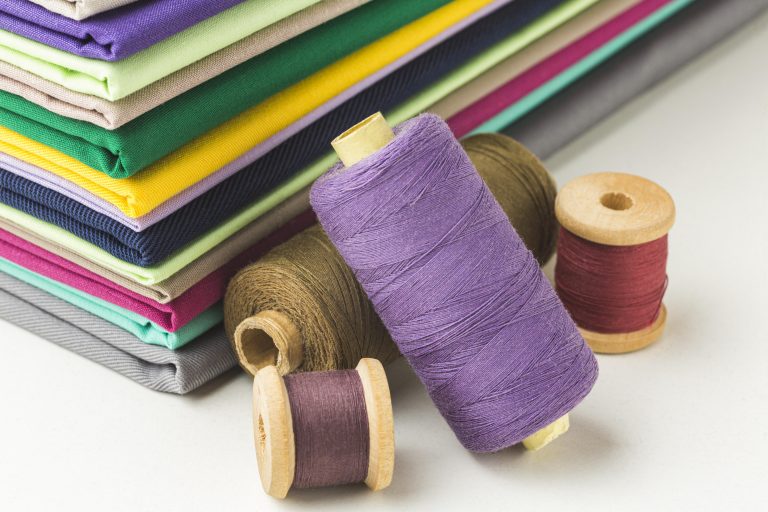
Static Electricity Control in the Textile Industry Using Paraffin
Static electricity is one of the significant challenges faced in the textile industry. The accumulation of electric charges in textile fibers can lead to issues such as attracting airborne particles, clothes sticking to the body, unintended fiber deformations, and increased fiber fly in production processes. To control static electricity in the textile industry, paraffin can be utilized. Below are some of the characteristics and applications of static electricity control using paraffin in the textile industry:
1. Prevention of Electric Charge Accumulation:
By coating textile fibers with paraffin, the transfer of electric charge within the fibers is minimized. This action reduces the accumulation of electric charges and improves static electricity control in textile products.
2. Reduction of Unwanted Attraction:
Using paraffin as a static electricity controller can prevent fiber entanglement and unwanted contacts between fibers. This feature ensures the quality improvement of textile products and prevents issues related to unwanted attraction and airborne particle adherence.
3. Preservation of Fiber Strength:
Paraffin can act as a protective agent for fibers. By reducing unwanted contacts between fibers and preventing particle adherence, the risk of fiber fly and unintentional deformation is reduced. This helps maintain the strength and original shape of the fibers.
4. Moisture Absorption Reduction:
Coating fibers with paraffin reduces moisture absorption by the fibers. This feature can effectively reduce the impact of moisture on the properties and performance of textile products and prevent unintended moisture absorption by the fibers.
5. Stability of Static Electricity Control:
With the use of paraffin, static electricity control in textile products remains stable even after washing and repeated use. This feature ensures the stability of static electricity control over time, preserving the quality and performance of textile products throughout their lifespan.
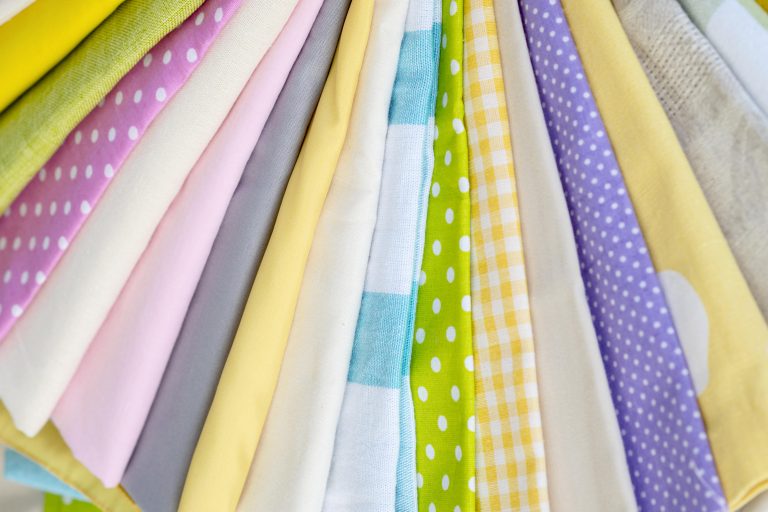
Increasing Vapor Strength and Snow Prevention with Paraffin
In the textile industry, increasing vapor strength and preventing snow infiltration are of great importance. Products that can withstand moisture and snow are highly valuable in adverse weather conditions and cold seasons. In this regard, paraffin can be an effective substance to enhance vapor strength and prevent snow infiltration in textile products. The following are some characteristics and applications of this process using paraffin in the textile industry:
1. Waterproofing of Fibers:
Coating fibers with paraffin makes their surface waterproof and prevents water penetration into the fibers. This feature can be highly beneficial in the production of garments and products that need to resist moisture and snow.
2. Snow Infiltration Prevention:
By creating a protective layer on the surface of fibers, paraffin can prevent snow infiltration into the fibers. This feature can be effective in producing clothing and products that require snow insulation, ensuring dryness and appropriate temperature within the fibers.
3. Increased Vapor Strength:
Paraffin acts as a waterproof and heat-insulating agent, enhancing the vapor strength of fibers. This feature can be highly effective in the production of clothing and products that need to maintain the internal fiber temperature against the impact of moisture.
4. Prevention of Static and Stain Absorption:
Coating fibers with paraffin reduces static and stain absorption on the fiber surface. This feature can prevent unintentional changes in the shape of fibers and maintain a clean and tidy appearance in the production of garments and products exposed to undesirable liquids.
5. Improved Fiber Resistance to Environmental Effects:
Using paraffin, textile fibers can enhance their resistance to environmental factors such as sunlight, moisture, and heat. This feature prevents undesirable changes in the color, quality, and shape of fibers and extends the lifespan of the products.
By utilizing paraffin as a waterproof and insulating agent in the textile industry, vapor strength can be increased, and snow infiltration can be prevented in the products. These features can provide textile products with greater resistance to environmental factors, increased durability, and enhanced comfort for consumers.
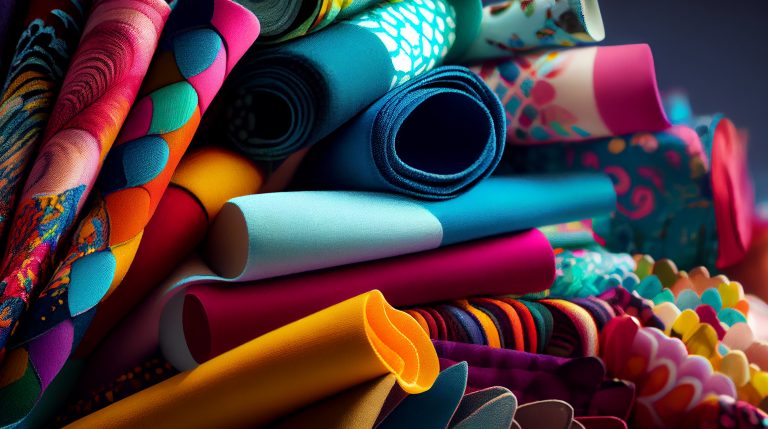
Paraffin as a Fiber Stabilizer in the Textile Industry
Stabilizing textile fibers is one of the crucial factors in the textile industry. Considering the increasing demand for products with a long lifespan and high quality, the use of materials that contribute to the strength and durability of fibers is vital. Paraffin, as a stabilizing agent, has extensive applications in the textile industry and can improve the strength and durability of fibers. The following are some characteristics and applications of paraffin as a fiber stabilizer in the textile industry:
1. Preservation of Fiber Strength:
Coating textile fibers with paraffin can enhance their strength and durability. Paraffin creates a protective layer on the surface of fibers, protecting them against pressure, tension, and decay. This feature increases the durability of textile products and reduces the need for frequent repairs and maintenance.
2. Resistance to Adverse Weather Conditions:
Paraffin can safeguard fibers against adverse weather conditions such as moisture, rain showers, and UV radiation. This feature helps preserve the color and shape of fibers against the impact of weather elements, providing textile products with increased strength.
3. Prevention of Stain and Particle Absorption:
By forming a protective layer on the surface of fibers, paraffin can prevent the absorption of stains and particles. This feature can be effective in the production of garments and products that come into contact with contaminated substances, helping to maintain the appearance and quality of the products.
4. Durability during Washing and Frequent Use:
Utilizing paraffin as a fiber stabilizer ensures the long-term strength and quality of the fibers. Paraffin-coated fibers can withstand frequent washings and repeated use, providing greater longevity.
By employing paraffin as a fiber stabilizer in the textile industry, it is possible to enhance the strength and durability of products, thus extending their lifespan. The continuous use of paraffin can reduce repair and maintenance costs while offering consumers a positive experience in terms of durability and performance.
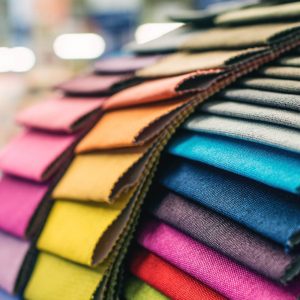
Paraffin is a substance with diverse applications in the textile industry. Its use in the textile sector can contribute to improving fiber lubrication, static electricity control, increasing vapor strength, preventing snow penetration, stabilizing fibers, and enhancing product durability. With these features, paraffin can enhance the quality of products, improve manufacturing processes, and provide a better experience for consumers. Therefore, the use of paraffin as an effective material in the textile industry is recommended.

